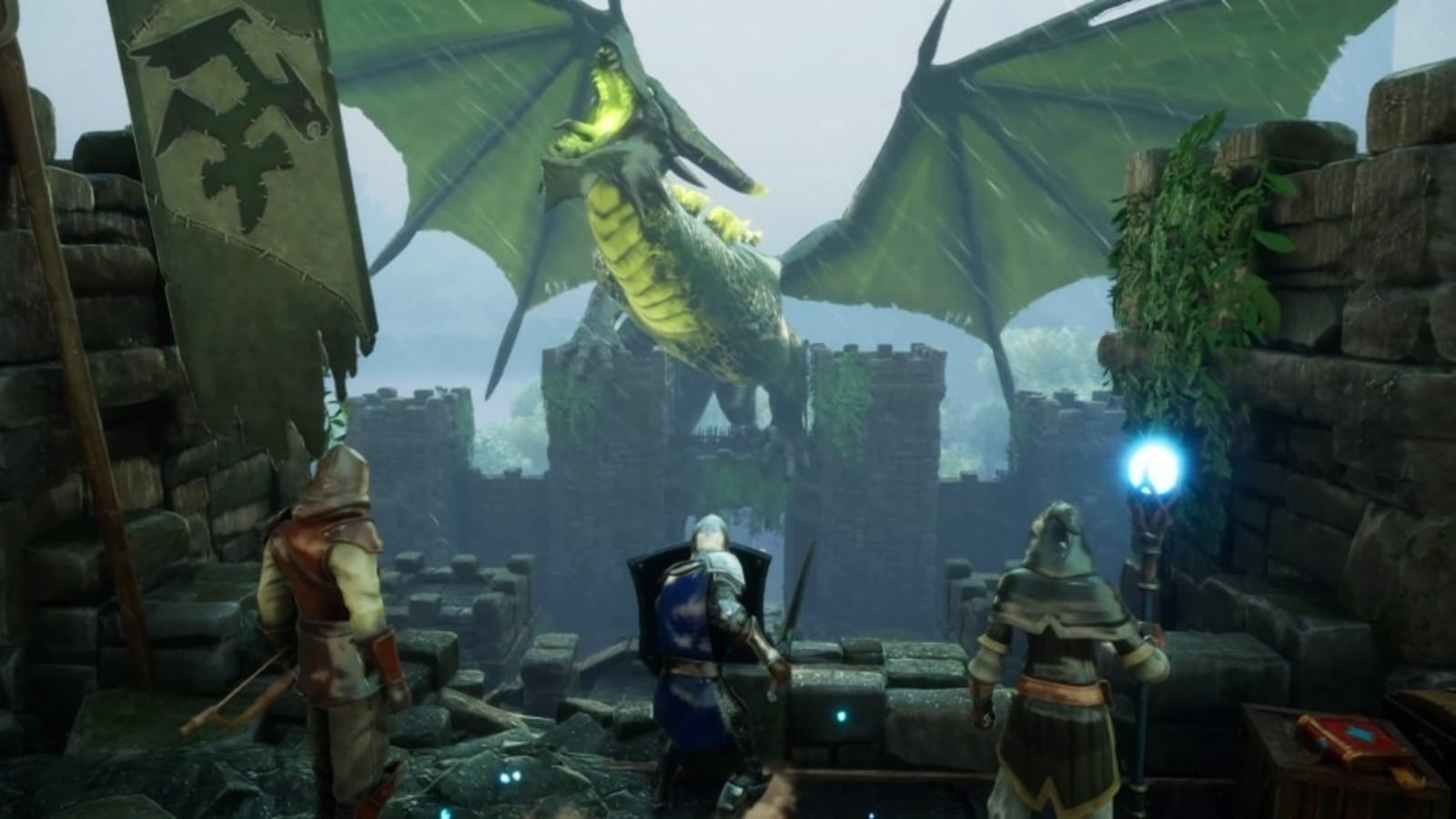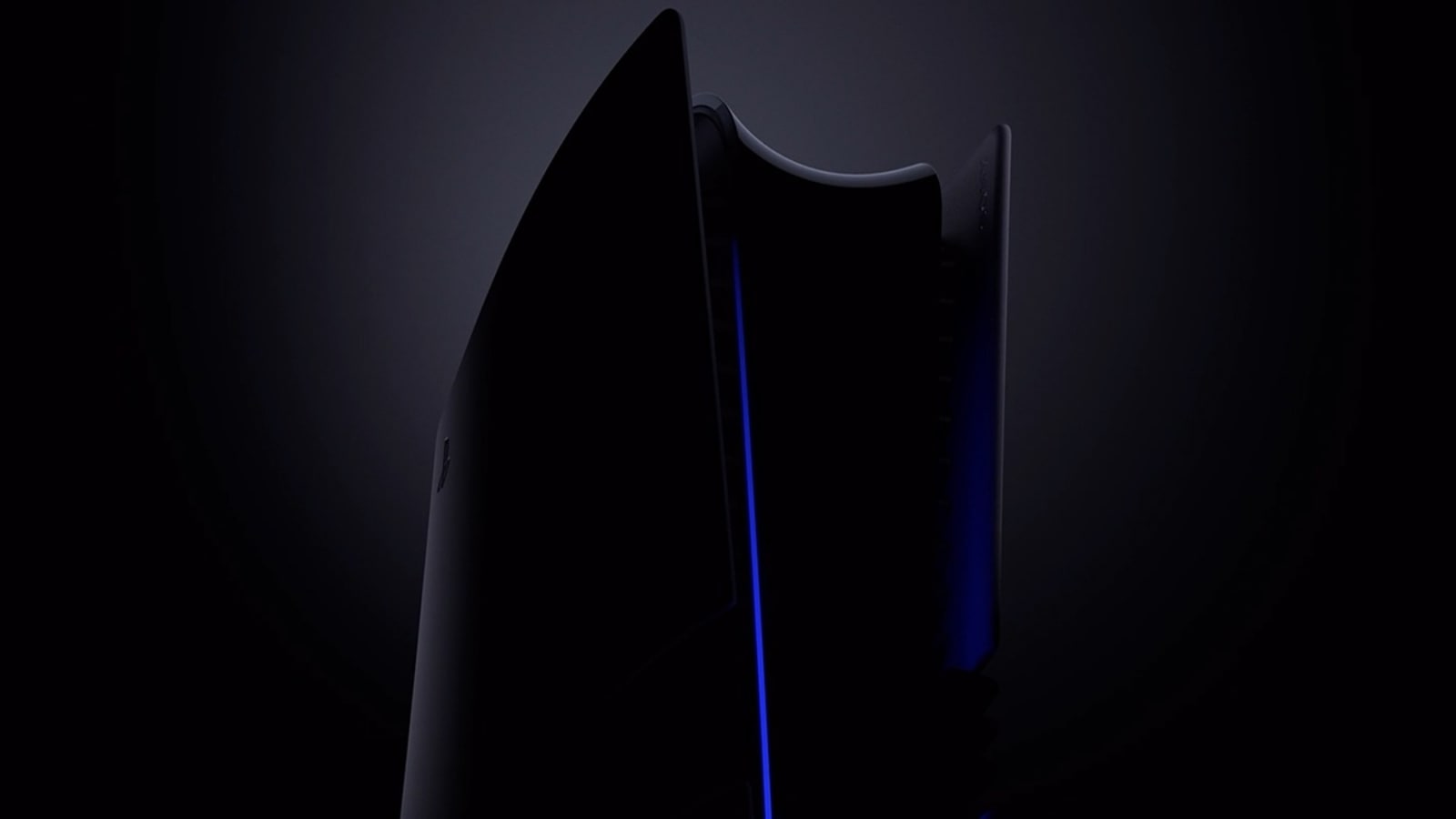Microsoft’s faltering $69 billion bid to buy the video game company Activision Blizzard received a glimmer of hope on Monday when European Union regulators approved what would be the largest consumer tech deal in two decades.
E.U. officials said they would allow the deal after Microsoft, the maker of the Xbox console, made concessions to ensure that rival companies would have continued access to games developed by Activision, such as the hugely popular Call of Duty.
Even so, the blockbuster acquisition, which has become a test of whether regulators around the world will approve a tech megamerger amid concerns about the industry’s power, still faces an uphill climb. American and British regulators have each moved to block the acquisition in recent months, arguing that a combination of the Xbox maker with the company behind the Call of Dutyfranchise would hinder competition. Microsoft is fighting both actions.
The deal has revealed fractures among regulators about how to crimp the power of the world’s biggest technology companies.
Opposition to the acquisition has centered in part on so-called cloud gaming, a relatively new technology that lets people stream games on phones, tablets and other devices, potentially eliminating the need for hardware like consoles. American and British regulators said Microsoft’s purchase of Activision would undercut this still-developing sector of the gaming industry before it had a chance to bloom. The European Commission, the executive body for the 27-nation bloc, gave its approval after Microsoft agreed to guarantee that gamers would be able to play Activision titles on cloud gaming services being developed by other companies, such as Nvidia.
After negotiating the concessions with Microsoft, European Union officials said they concluded that the deal could go through, particularly because the cloud gaming market is still so small.
“These commitments fully address the competition concerns identified by the commission,” the E.U. regulators said in a statement.
The European Commission also said the deal would not harm the console market because Microsoft would not have an incentive to deny rivals, such as the Sony PlayStation, access to Activision titles without sacrificing profit. In the European Union, PlayStation has a much larger market share than Xbox. Authorities also noted that Microsoft and Activision have a relatively small market share for mobile games, which accounts for about half of the overall video game market in European Union.
The approval is a rare occasion where European regulators appear to be more accommodating to the tech industry than the United States. For years, European antitrust regulators, under Margrethe Vestager, have aggressively gone after big tech companies such as Google, issuing billions of dollars of fines and ordering changes to certain business practices.
Now it is the United States taking the tougher position under Lina Khan, the chair of the Federal Trade Commission, who has made the challenging of mergers a central part of her plan to rein in the tech giants. The F.T.C. sued to block Microsoft’s purchase of Activision in December, arguing that the deal would harm consumers and lure gamers away from rivals. British regulators followed suit last month, rejecting the acquisition because of concerns about harming the cloud gaming market.
Approval in Brussels sets up a complicated legal chessboard for Microsoft and Activision, with few moves left to play. The fate of the deal will now hang largely on the legal process in the United States and Britain.
The two companies must show that the deal would not constrain competition, particularly if Microsoft would guarantee access to Activision titles. While American courts have shown they can be more open to overruling government antitrust initiatives, in Britain it is less common for verdicts by the country’s main antitrust regulator, the Competition and Markets Authority, to be reversed.
A loss of either appeal could be fatal for the deal because of the globalized and interconnected nature of the video game industry and the technology it uses.

























